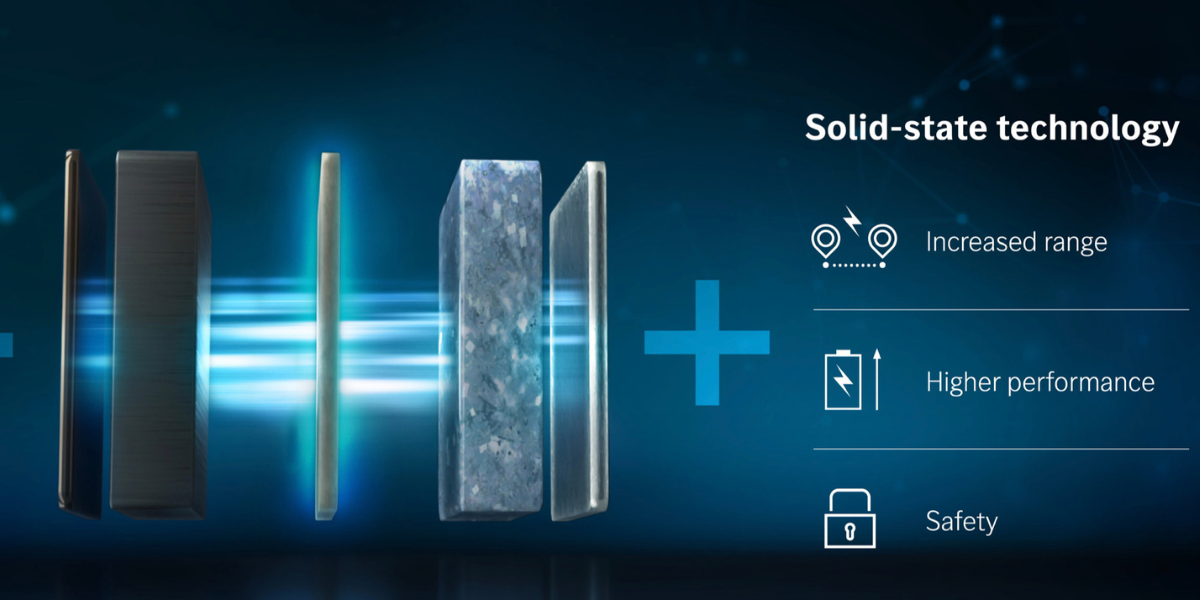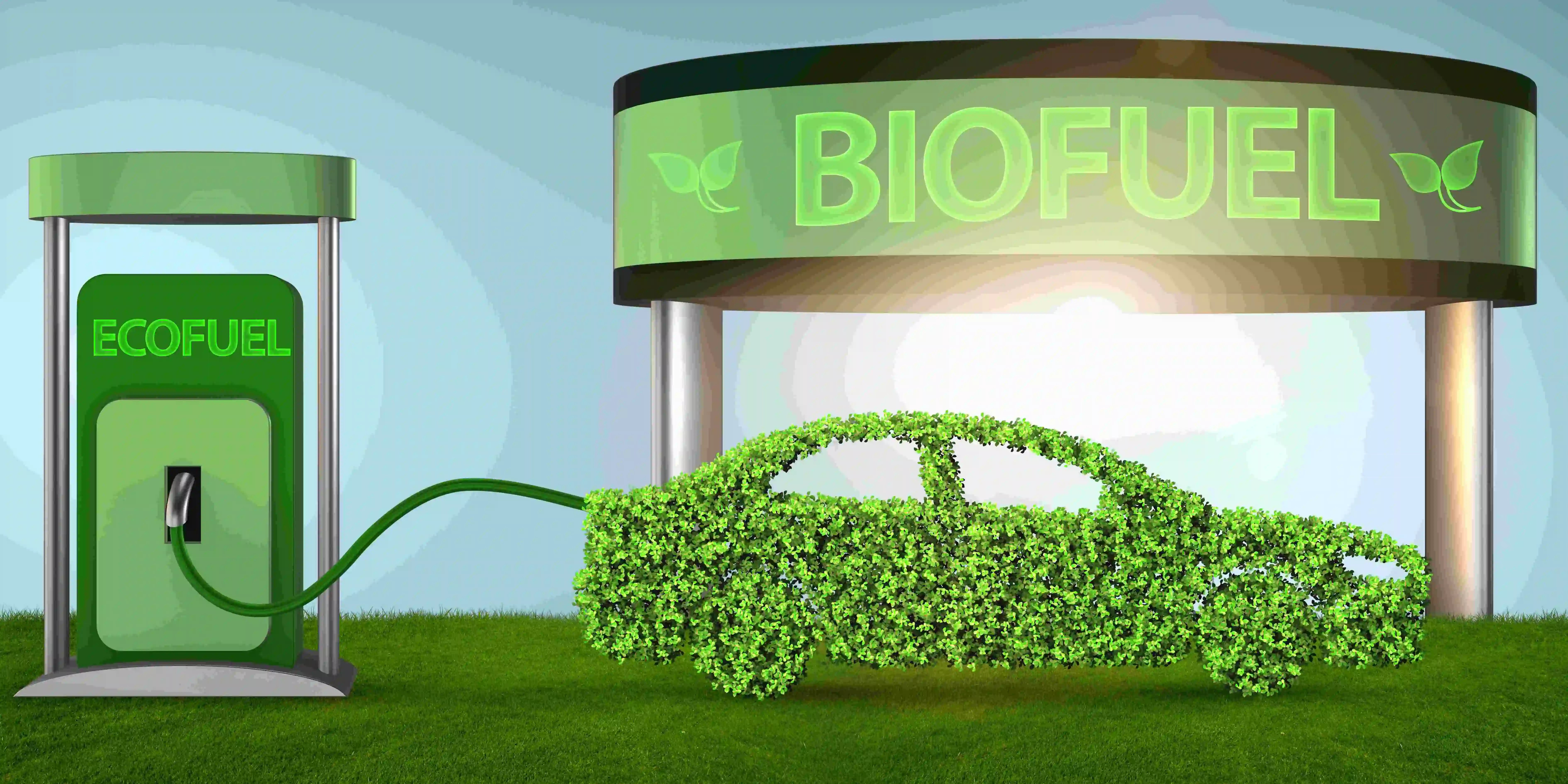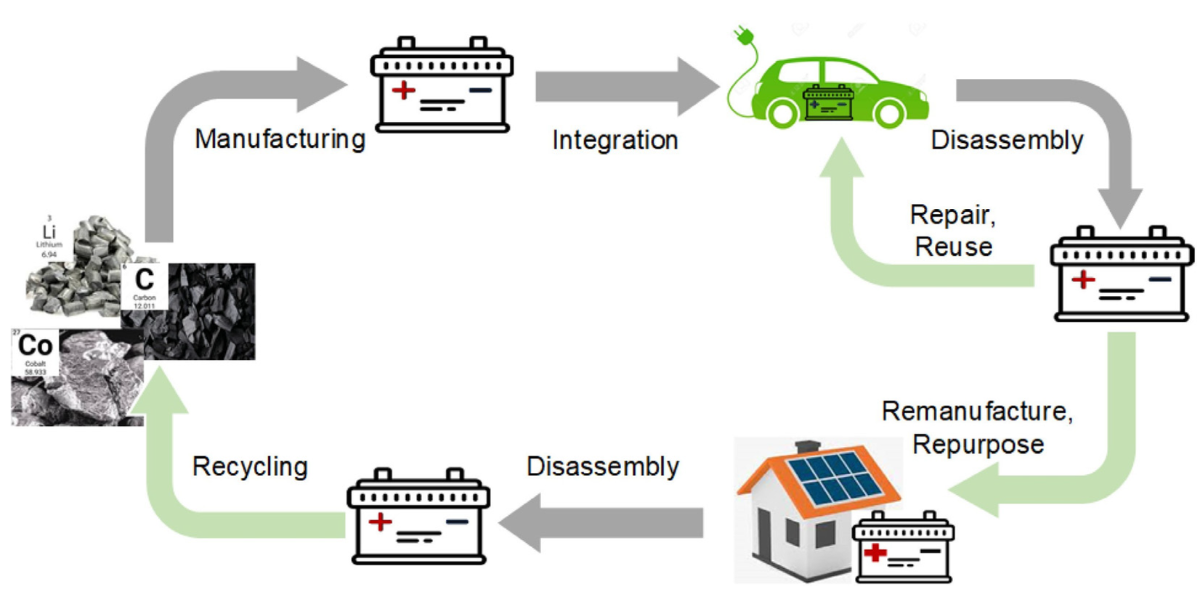
The fateful date of 2035 is drawing nearer and nearer, however, the decision to ban the production and sale of new cars with internal combustion engines in the EU from that date is no longer so certain. There are still many factors to consider, both from a technological and ideological standpoint, as well as politically: indeed, next June, there are elections for the renewal of the European Parliament and, depending on who wins, there could be changes in direction.
Recently, during the press conference in which Von der Leyen resubmitted his candidacy in the next European elections in June, it should be noted that president of the EPP, Manfred Weber was present, who recently promised the withdrawal of the endothermic ban in case of victory.
2026 and the review clause
Ursula von der Leyen returns to talk about stop the sale of new petrol and diesel cars in 2035. More precisely, of the review clause set for 2026: a passage that the president of the European Commission intends to exploit to “guarantee an opening” to possible alternative technologies to electric, to e-fuel in particular. “The state of the art is that by 2035 emissions will have to be zero,” von der Leyen said. “Also, there is a joint proposal from the Commission and the Council to give a special role to e-fuels. It is often forgotten, but in 2026 there will be a review to make sure there is a technological opening.” She has underlined that the clause will also serve to guarantee “the possibility of choice for consumers” and, for businesses, to decide what to invest in and what the mobility of the future is for them. In a word, not only electric cars! .
How is the market currently responding in Europe?
The choice of electric cars to replace Internal Combustion Vehicles (ICVs) as the sole solution for reducing harmful emissions from cars is experiencing a slowdown. The market for Battery Electric Vehicles (BEVs), despite an initial phase of enthusiasm with the entry of Tesla a few years ago and BYD more recently, is not growing as much as major automakers would have expected, due to an increasingly pronounced reluctance towards a technology that still raises many concerns.
First of all, the scenario of various markets is not the same for everyone. In Europe, for example, each nation presents social, cultural, economic, political, and structural differences that influence or compel the choice of purchasing BEVs (Battery Electric Vehicles) or not.
The scenario in Norway, a cutting-edge nation which boasts a well-established charging infrastructure and widespread adoption of electric vehicles, given its population size, which is approximately half that of just the city of London, cannot be compared to the situation in countries like Italy, Spain, Germany, or France. In these countries, the road network, charging infrastructure, and logistics related to local and highway recharging of electric cars are still in development. The growth of BEVs, which have a higher price compared to internal combustion vehicles by about 20-30%, largely depends on the incentives provided by various governments to encourage their purchase. Hence, the review clause of 2026 opens up consideration for other technological solutions apart from battery-powered cars, such as e-fuels, which are produced in laboratories from hydrogen and carbon dioxide, biofuels derived from organic substances of both plant and animal origin, hydrogen, biodiesel, and the latest generation diesel engines with extremely low levels of pollution and greenhouse gas emissions reduction.
How are the automakers responding?
Toyota
Chairman Akio Toyoda recently expressed his belief that battery electric vehicles will reach a maximum market share of 30 percent, while the remainder will be divided among hybrids, hydrogen fuel cell cars, and traditional fuel-burning vehicles. Toyoda, the grandson of the company's founder, emphasized the importance of customer choice and autonomy in deciding the future of the automotive industry. "With a billion people in the world living without electricity, limiting their choices and ability to travel by making expensive cars isn't the answer. The decision on vehicle types should be driven by customers rather than regulatory or political considerations.” "Engines will surely remain," Toyoda stated in the company publication, though it remains unclear whether he was referring to new car sales or vehicles already on the road. The chairman's remarks also did not provide clarity on his predictions for the US market, where the growth of EV market share has been slower than anticipated. Toyota's approach to EVs has been notably conservative compared to some of its industry counterparts. The company steadfast commitment to its pioneering hybrid technology has set the tone for its more measured transition to battery-powered mobility, with a belief that a one-size-fits-all approach may not be suitable for all markets and consumer preferences. This conservative stance reflects the company's pragmatic consideration of global energy infrastructure, customer needs, and the longevity of existing vehicle fleets, challenging the prevailing trend toward a rapid and exclusive shift to electric propulsion. About a year ago, Toyoda, then Toyota’s CEO, declared that going green also involves converting existing combustion-powered cars into electric vehicles or hydrogen machines. A few weeks before that interview, the Japanese firm displayed two AE86 Concepts at the Tokyo Auto Salon, previewing greener conversations of older vehicles. The first used a Mirai-sourced hydrogen powertrain, while the other used an electric motor sourced from a Tundra hybrid and a battery pack from a Prius plug-in hybrid.
Volkswagen Group
Klaus Zellmer, CEO of Skoda, revealed in an interview the intention to offer gasoline and diesel cars until 2035. "Until then, we will offer our customers what they demand: from diesel and gasoline engines to mild hybrids, from plug-in hybrids to battery electric vehicles," explained Zellmer. "For us, it's not about competing for the latest combustion engine, but about focusing on our customers' desires." With these statements, the manager confirms the signals emerged in recent months about a slowdown in demand for electric vehicles: "In recent months, it has become very clear that if consumers are reluctant to embrace BEVs, then we need alternative solutions. One of them is the plug-in hybrid. There are usage profiles where an electric vehicle makes perfect sense, but for other people, the plug-in hybrid is extremely attractive. This is the right technology we have placed our trust in. Furthermore, the recent decision by the German government to end incentives has generated "some disillusionment" among consumers.”
It is therefore presumable that within Volkswagen, there is a revision of electrification strategies underway. In this regard, further confirmation comes from Miguel Ángel Grijalba, director of production at VW Navarra, the Volkswagen plant in Pamplona, which until a few months ago seemed destined to produce only electric vehicles in about four years.
"The plant is ready to continue producing ICVs beyond 2028," he said, emphasizing the entire facility's readiness to produce "what the group's leaders demand" and that any request "will depend on demand." Therefore, unlike in the past, the halt to ICVs in Pamplona by 2028 is no longer so certain.
Renault Group
Renault will continue to offer both internal combustion engine vehicles and 100% electric cars for the next 10 years, assures the head of the French brand, Fabrice Cambolive, in an interview at the Geneva Motor Show. "Our strategy is to have two options in every segment," explains the top manager. "A range of internal combustion engine vehicles with hybrid technology and a fully electric model."
The strategy. Cambolive is implementing follows some strategic indications provided by Luca de Meo: at the beginning of 2022, the CEO of the French group revealed Renault's intention to offer only electric vehicles in Europe by 2030, five years ahead of the end of internal combustion engine sales as decided by Brussels, but tying this commitment to "market conditions." Now, the demand for electric vehicles, while still relatively high, has experienced a significant slowdown in recent months, enough to raise doubts about consumers' actual interest in the technology.
For this reason, several manufacturers have already revised their strategies: such as Mercedes, which has postponed the all-electric approach, and other groups maintaining a "multi-energy" offering like Stellantis or BMW. In this regard, Cambolive highlighted how Renault's approach ensures the flexibility needed to adapt to market conditions and demand trends.
"For me, the issue isn't transitioning to electric vehicles by 2030," concludes the Renault executive. "We will follow the trends with two very competitive offerings in our line-up, and this strategy could work for the next 10 years."


